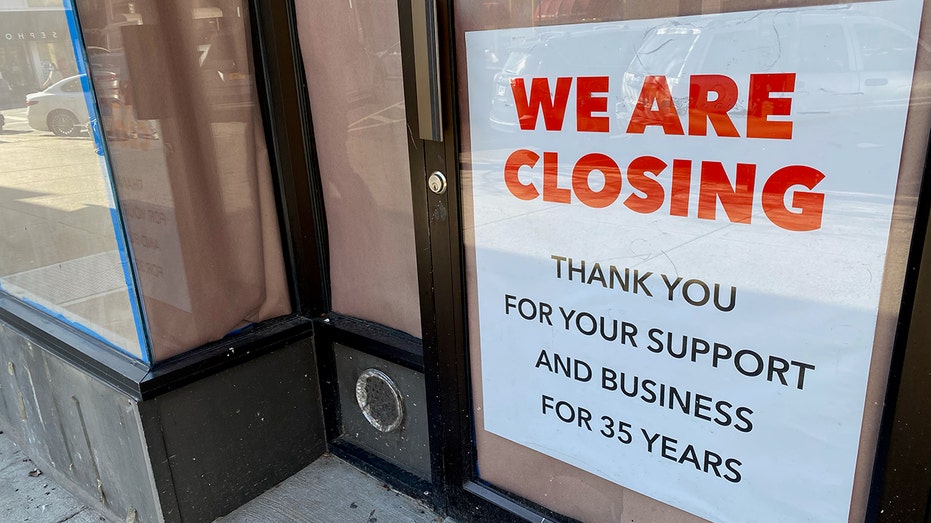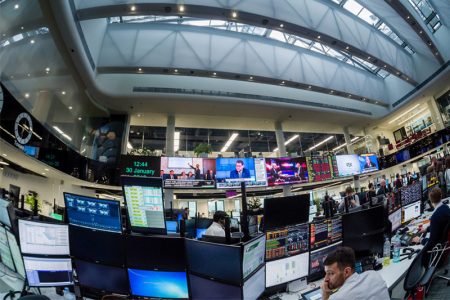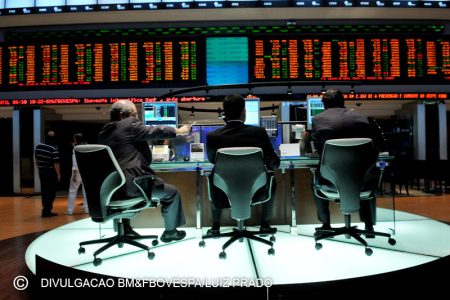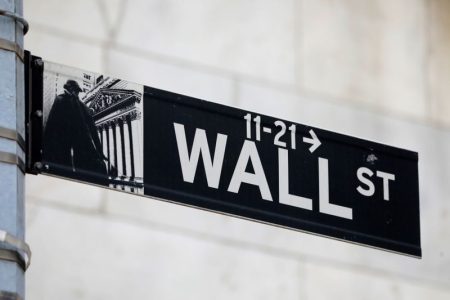Small business owners have been devastated over the past three years by high prices and a crisis-level worker shortage.
Now they’re facing a new hurdle: rising rents.
New findings published by the Bank of America Institute show that many small business owners are still contending with high inflation, particularly in the form of rent.
In fact, there is evidence that small business rent inflation exceeds that of U.S. households. The average monthly share of rent in total payments through May is 9.1% for small businesses – a sharp increase from the 2019 average of 5.9%. By comparison, rent for individual Americans rose 5.3% in May.
US HOME PRICES SMASHED ANOTHER RECORD HIGH IN APRIL
The increase is being felt most acutely in the West, in cities like Las Vegas, where the average share of rent in May was more than double the national average, according to BofA.
“Rent payments per client closely track the nonresidential real estate rents component of the producer price index, suggesting that these increases are largely due to inflation rather than small businesses upgrading to bigger or better spaces,” the report said.
The sharp increase in rent has a growing number of small businesses falling behind on payments, according to a separate study published by business networking platform Alignable. About 43% of small business renters in the U.S. were unable to pay their rent in full and on time in April. That marks the highest delinquency level since March 2021, at the height of the COVID-19 pandemic, when it hit 49%.
FED HOLDS RATES STEADY AT 23-YEAR HIGH, PROJECTS JUST 1 CUT THIS YEAR
About 58% of small businesses reported a rent increase over the past six months.
The Bank of America data comes after the National Federation of Independent Businesses (NFIB), a Tennessee-based association of small business owners, reported that its small business optimism index rose in May to the highest level since November 2020. However, optimism remains well below its historical average.

About one-quarter of owners identified inflation as the single most important problem in operating their business due to labor costs and higher input.
“For 29 consecutive months, small business owners have expressed historically low optimism and their views about future business conditions are at the worst levels seen in 50 years,” said Bill Dunkelberg, NFIB chief economist. “Small business owners need relief as inflation has not eased much on Main Street.”
While inflation has fallen considerably from a peak of 9.1%, prices remain higher than the Fed’s 2% target. The latest government data shows the consumer price index jumped 3.3% in May.
As a result, about 25% of small business owners reported raising prices to offset the sting of high inflation, which is unchanged from April, and 12% reported lower average selling prices.
Read the full article here











